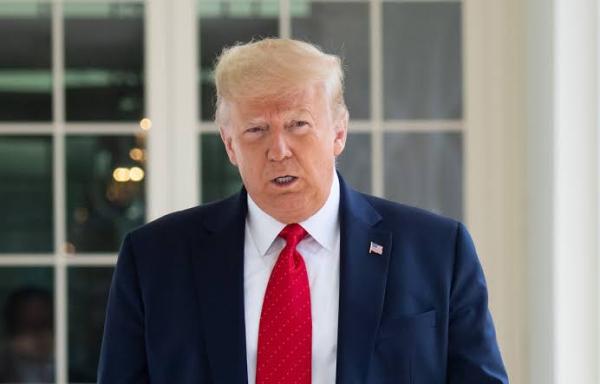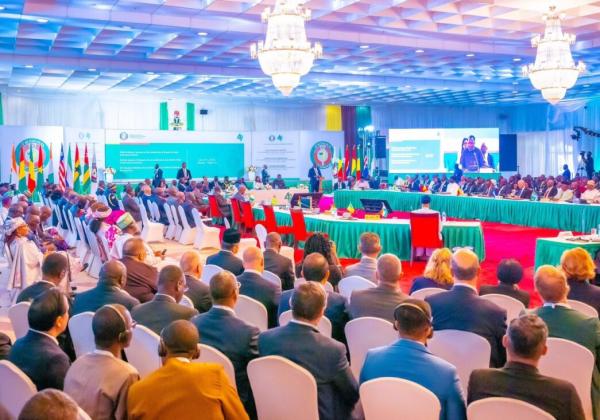
Sanusi Lamido Sanusi
More facts have emerged over the probe of the allegedly missing N20 billion by the Senate Finance Committee as feelers from within showed that nothing incriminating has been found against the oil ministry and its agencies.
Checks inside the committee showed that rather than the big discovery of fraud and mismanagement that necessitated the probe, senators have discovered that former Central Bank Governor ,Sanusi Lamido Sanusi raised false alarm and misled the committee.
The committee is also said to be unhappy that the minister of finance, Okonjo Iweala was not forthcoming in her testimonies especially when it was clear that Sanusi was literally lying in his presentations.
The committee was said to be shocked that the presidential directive which the oil ministry was accused of disobeying was never concluded and that it even contained contradictory provisions which make its implementation impossible. The committee was also unhappy as the case was presented as if it is Dieziani Maduekwe, the present minister that refused to implement the directive.
A source close to the committee said it was shocked that even late President, Alhaji Umar Musa Yar’Adua did not want the planned removal known to the public. By directing a removal without public announcement, the former president violated the Petroleum Act, which requires prices to be made public.
Senators on the committee including opposition senators were shocked that Sanusi misled them. “He presented falsehood as facts. It was until we checked that we see the truth. We are disappointed” a source within the committee said.
The committee was also said to be impressed by the submission of the Attorney General and Minister for Justice, Muhammad Adoke who on point of law confirmed that the NNPC had acted within the law. Adoke informed that it is instructive to note that by virtue of Paragraph 14 to 16 of the First Schedule of the Petroleum Act, CAP.P.10 Laws of the Federation of Nigeria, LFN, 2004 (NNPC Act) and Regulation 4 of the Petroleum (Drilling and Productions) Regulations 1969 as amended, a holder of an OML or Oil Prospecting License (OPL) can assign its interest provided the consent of the Minister of Petroleum Resources is obtained. “Furthermore, Section 6(1)(C) of the NNPC Act empowers the NNPC to establish and maintain subsidiaries for the discharge of its functions. The NPDC was thus incorporated as a limited liability upstream company of NNPC to carry out its upstream operations as envisaged by the law,” Adoke submitted.
He added that it is pertinent to note that the transfer of the participating interests in the OMLs in question, relates to a joint venture arrangement between NNPC, on the one hand and Shell Petroleum Development Company of Nigeria ltd, Nigerian Agip Oil Company Ltd (AGIP) and Total E & P (Nigeria) Limited on the other hand.
On whether all revenues derived by the NNPC from upstream operations including those under which OMLs in the JV operations are payable to the Federation Account, Adoke posited that NNPC is generally under an obligation to remit its revenue from the upstream petroleum operations into the federation account.
According to him, this is however dependent on the definition of ‘revenue’ within the meaning and intendment of Section 162 (10) (c) of the Constitution of the Federal Republic of Nigeria 1999 (Constitution) saying that the NNPC can by virtue of Section 7(4) of the NNPC Act defray all expenses incurred in the course of its business in the upstream operations.
The AGF stated that the NNPC is required to pay into the Federation Account the ‘net revenue’ as opposed to the ‘gross revenue’. “I’m therefore of the respectful view that only the net revenue from the upstream petroleum operations of the NPDC should be paid into the federation account by the NNPC. This is more so as the federating units do not contribute to the funding of upstream petroleum operations of the NNPC and its subsidiary,” he affirmed. Checks confirmed that the committee members while yet to conclude their sittings have already seen the trends of the probe.
According to an insider, “what can we say now? The facts coming out showed that the oil ministry indeed has good points”. The Petroleum Act gives the Minister enormous power. Those realities are in the law. ”NNPC indeed has power to incur expenditure, to set up subsidiaries. Mallam Sanusi misled us. There is no argument about that”, the source said.






















